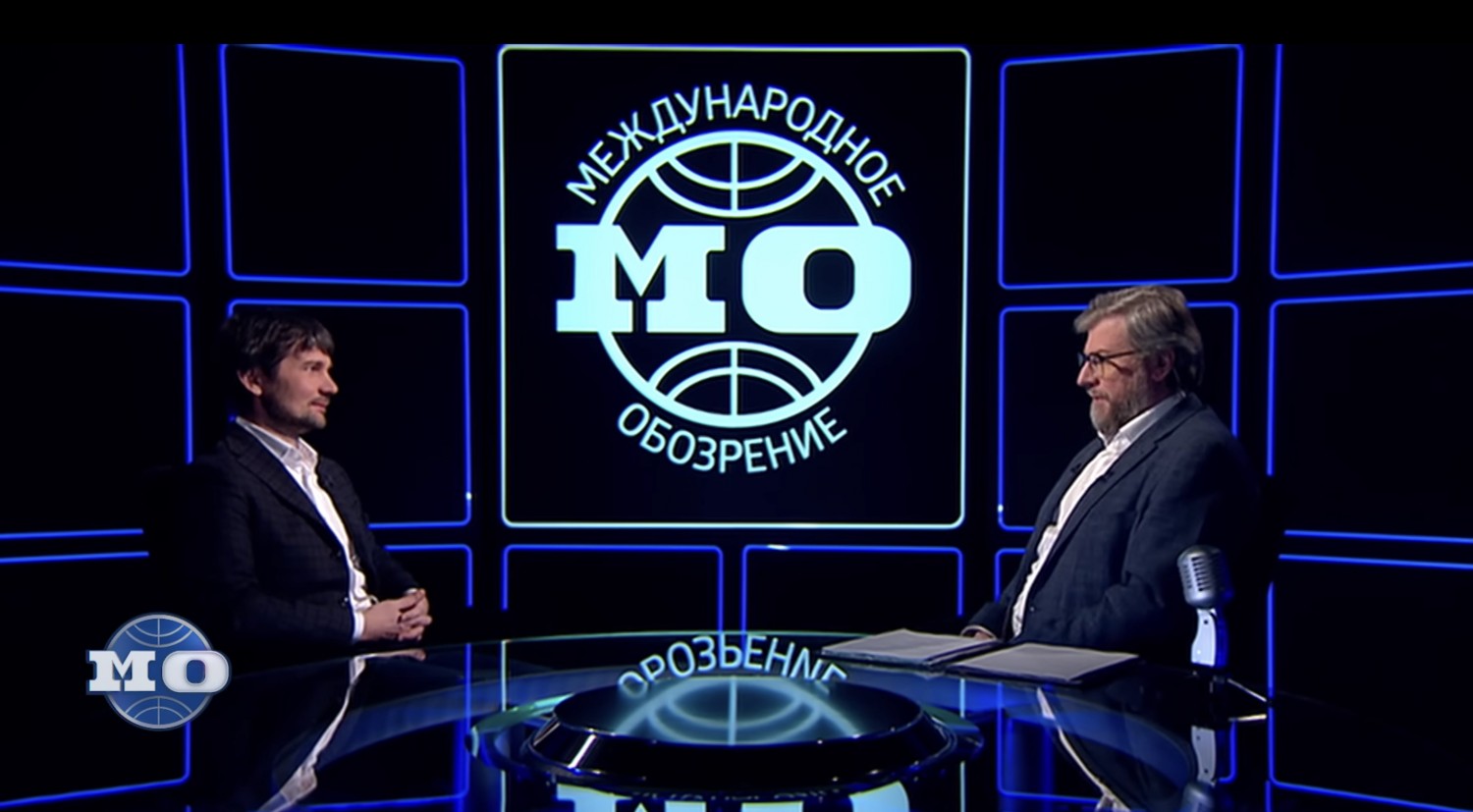Alexey Ivanov, Director of the BRICS Competition Centre, addressed the problem of protecting intellectual property rights and fighting monopolies in the program "International Review" on the TV channel "Russia 24".
The construct of intellectual property emerged and was realized relatively recently - at the turn of the Industrial Revolution, at the end of the nineteenth century. At that time, it was a promising tool that really helped to unlock the potential of many industries. Now it is an institution of rent extraction, which restrains and limits development. It is largely an outdated tool in terms of technological formats for the development of economic sectors, Ivanov is convinced.
"Again, most trademarks - where is the intelligence here? To draw a logo, of course, requires some intellectual work, but in principle it is not really an intellectual product. Nowadays artificial intelligence can make these trademarks as many as you want. In principle, it is not the intellectual labor itself that is protected, it is a certain image that may not be intellectual," said Alexei Ivanov,
Alexey Ivanov said.
Intellectual property became a global institution in 1995, when the TRIPS* agreement of the WTO came into force. About 70% of states in the world (meaning numerically out of 190 UN countries) got their patent laws after this round of globalization. Before that, intellectual property was more of an institution of Western capitalist countries.
"Fundamentally, we live in a paradigm of rather strict intellectual property protection. Moreover, when Russia joined the WTO, the most stringent requirements of TRIPS were integrated into our legislation without any indulgences, transition periods or exemptions at all. The adoption of TRIPS was one of the conditions of our accession to the WTO, but we did it in the most extreme format, in the best traditions of neophytes,"
emphasized the Director of the BRICS Centre.
*The TRIPS (Agreement on Trade-Related Aspects of Intellectual Property Rights) is part of a single package of regulations that each state must adopt upon accession to the WTO.
The full version of the conversation is available on the website of the "Russia in Global Affairs" journal.
